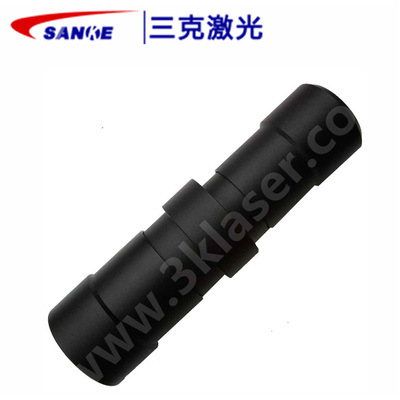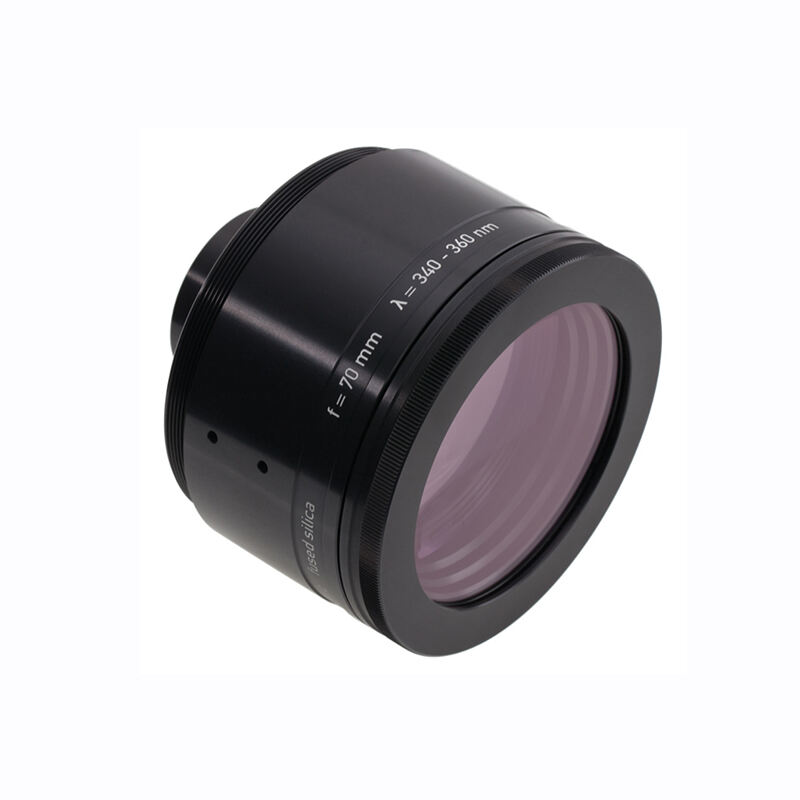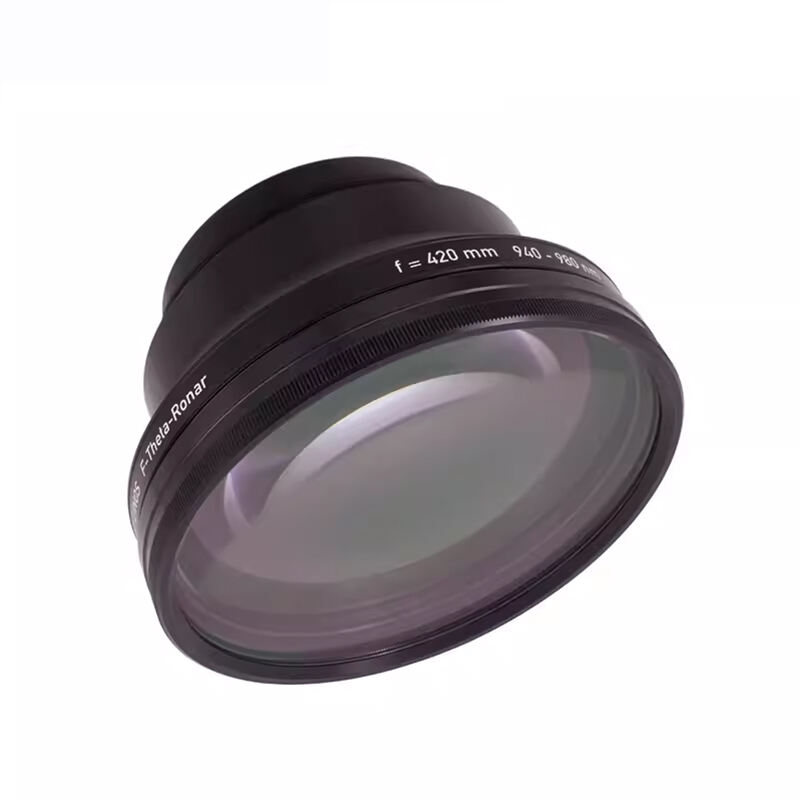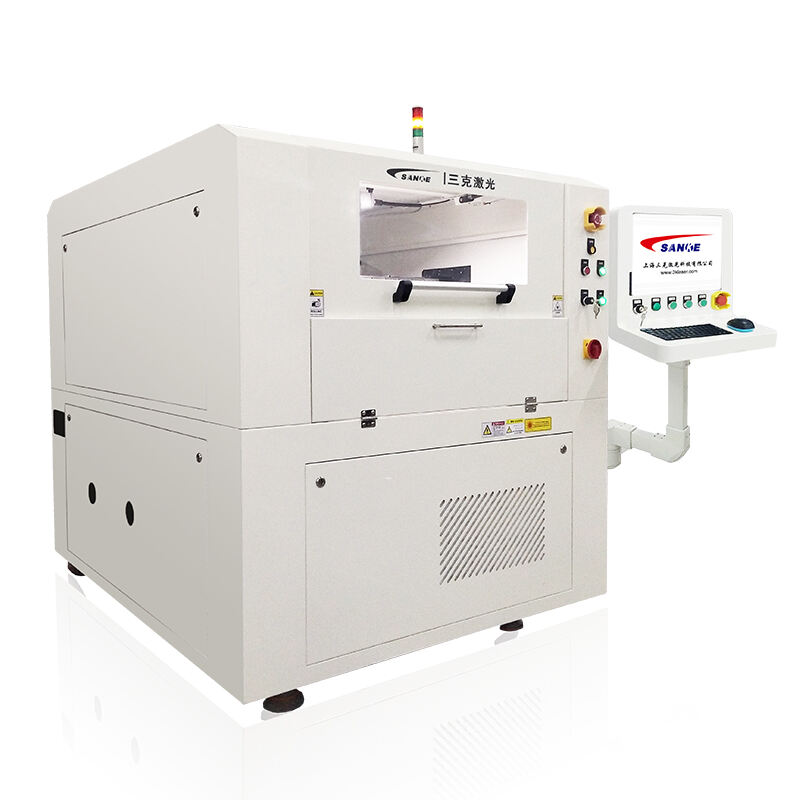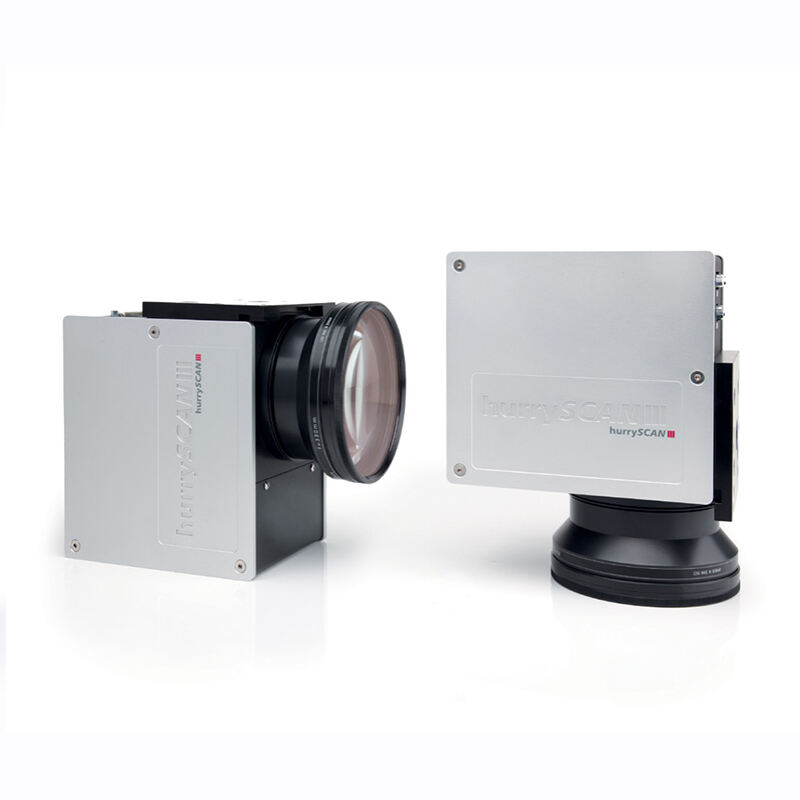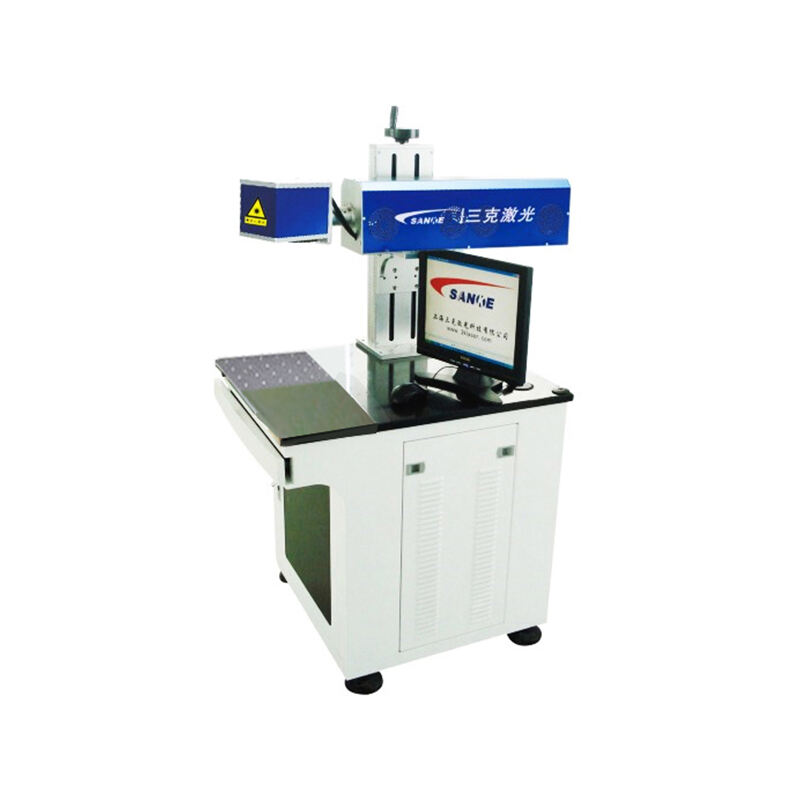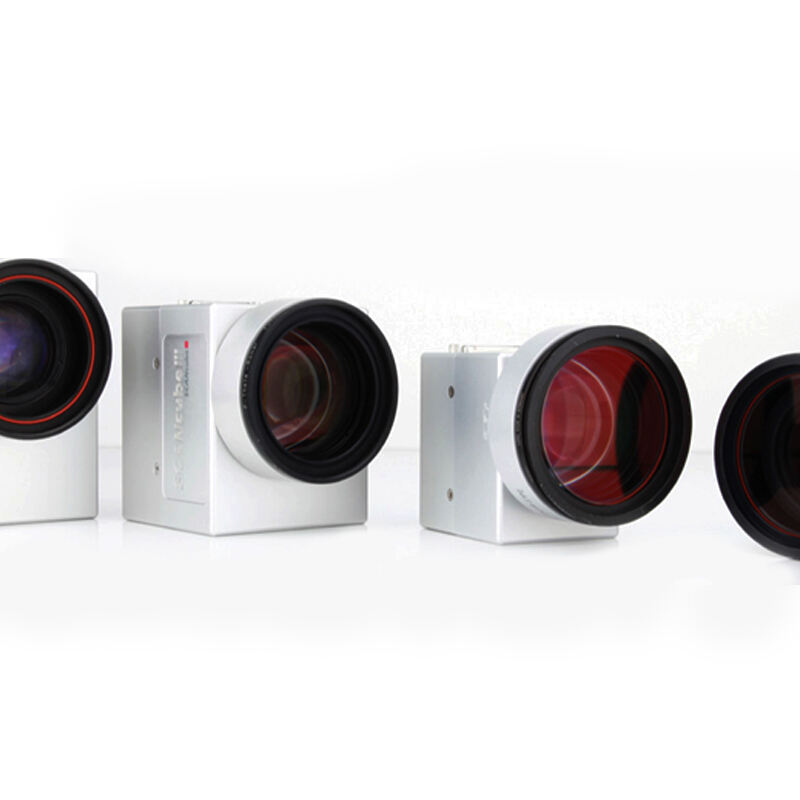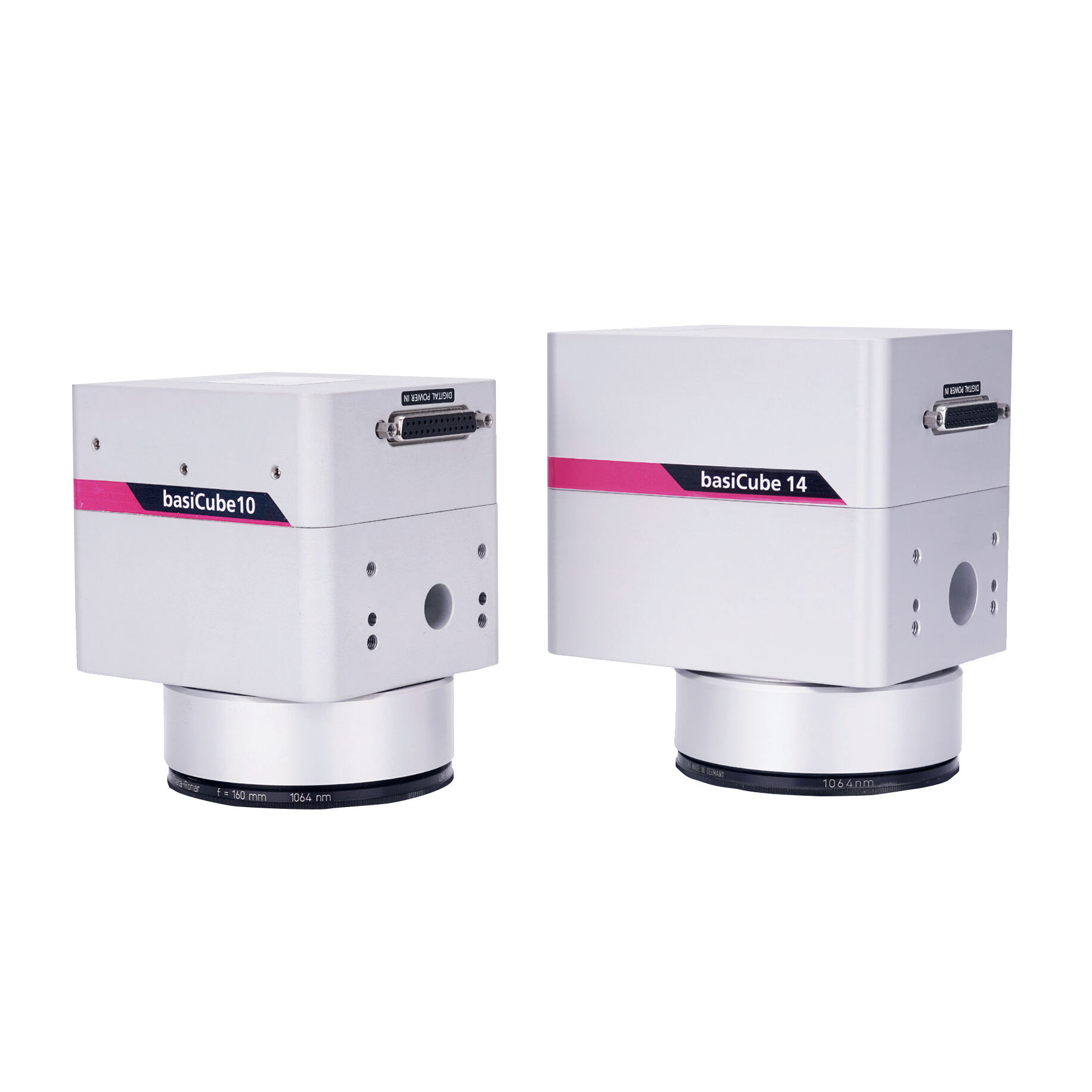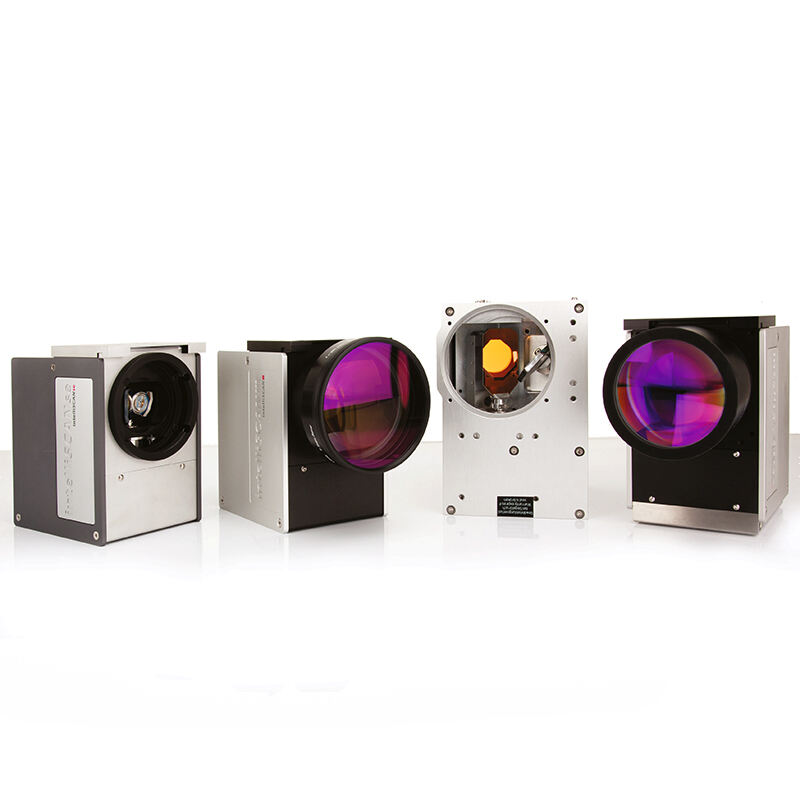Vielseitige Anwendungen in verschiedenen Branchen
Die außergewöhnliche Vielseitigkeit von scanlab-Projekten ermöglicht einen erfolgreichen Einsatz in verschiedenen Branchen und Anwendungen, von der präzisen Elektronikfertigung bis hin zur schweren Industrieproduktion, und zeigt dabei eine bemerkenswerte Anpassungsfähigkeit, die die Rendite für Unternehmen jeder Größe maximiert. In der Elektronikindustrie zeichnen sich scanlab-Projekte durch das Bohren von Mikro-Vias in Leiterplatten aus, wobei Lochdurchmesser von nur 10 Mikrometern mit perfekt zylindrischen Profilen und minimalen wärmebeeinflussten Zonen erreicht werden. Automobilhersteller nutzen scanlab-Projekte für Hochgeschwindigkeits-Kennzeichnung, Oberflächentexturierung und Präzisionsschweißanwendungen, die strengen Qualitätsanforderungen genügen und gleichzeitig die hohen Durchsatzanforderungen in der Produktion erfüllen. Die Medizintechnik profitiert von der außerordentlichen Sauberkeit und Präzision der Laserbearbeitung durch scanlab-Projekte, wodurch komplexe chirurgische Instrumente, Implantate und Diagnosegeräte mit biokompatiblen Oberflächen hergestellt werden können. In der Luft- und Raumfahrt kommen scanlab-Projekte bei der Bearbeitung kritischer Bauteile zum Einsatz, darunter Reparatur von Turbinenschaufeln, Schneiden von Verbundwerkstoffen sowie präzises Bohren in fortschrittlichen Legierungen, wo höchste Genauigkeit und Wiederholbarkeit gefordert sind. Die Verpackungsindustrie setzt scanlab-Projekte für Hochgeschwindigkeits-Perforation, Schneiden und Kennzeichnung ein, um die Produktfunktionalität zu verbessern, während gleichzeitig die Ästhetik und strukturelle Integrität erhalten bleibt. Die Halbleiterfertigung ist auf scanlab-Projekte angewiesen für Wafer-Dicing, Via-Bohren und die Strukturierung dünner Schichten, Prozesse, die submikronige Genauigkeit und kontaminationsfreie Umgebungen erfordern. Die Schmuck- und Luxusgüterbranche nutzt scanlab-Projekte für feine Gravuren, Oberflächentexturierungen und Präzisionsschneidanwendungen, die ästhetische Effekte erzeugen, die mit herkömmlichen Fertigungsmethoden nicht erzielbar sind. Hersteller von Solarpanelen profitieren von der Fähigkeit der scanlab-Projekte, Photovoltaikzellen mit minimalem Materialabfall und außergewöhnlicher Kantengüte zu bearbeiten, was die Energieumwandlungseffizienz und Haltbarkeit des Produkts verbessert. Die Textilindustrie nutzt scanlab-Projekte für präzises Schneiden, Perforation und Oberflächenmodifikation, um innovative Stoffeigenschaften und neue Gestaltungsmöglichkeiten zu schaffen. Forschungseinrichtungen und Universitäten verwenden scanlab-Projekte für Werkstoffforschung, Prototypenentwicklung und Lehrzwecke und profitieren dabei von der Flexibilität der Systeme sowie den umfassenden Parametersteuerungsmöglichkeiten, die unterschiedlichste experimentelle Anforderungen unterstützen und bahnbrechende Entdeckungen erleichtern.
 EN
EN
 AR
AR
 FR
FR
 DE
DE
 JA
JA
 KO
KO
 RU
RU
 ES
ES


